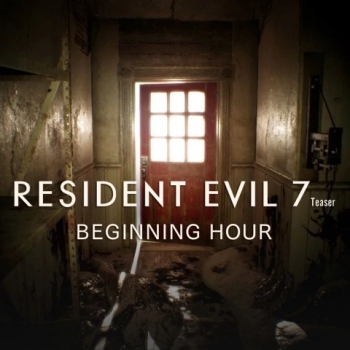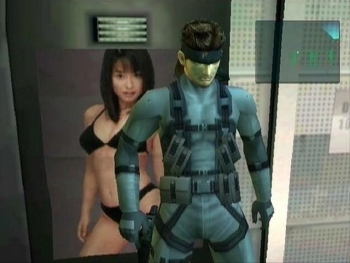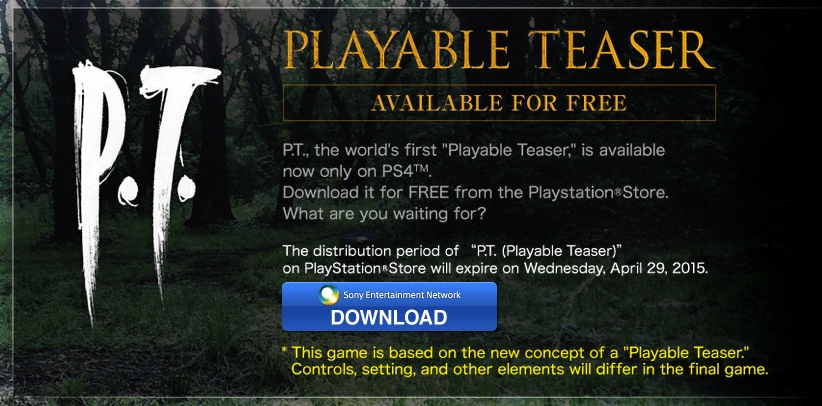Myth: P.T. is a demo for Silent Hills
Fact: P.T. is a standalone game meant to serve as a promotional teaser for Silent Hills.
By Maxwell N, Posted on October 14, 2020

This might seem like arguing semantics, but when discussing Kojima’s P.T. from the time of its release in 2014 to now, the tail-end of 2020, there is an error repeatedly made when describing the game that has shown no signs of going away.
Sure, a lot has changed since 2014, especially since Kojima got canned from Konami. Silent Hills has been long-cancelled, from the ashes of which seemingly sprouted Death Stranding (complete with a return from Norman Reedus, who was supposed to star in Silent Hills and whose likeness is present in P.T.; as well as Guillermo del Toro’s face, originally meant to be a Silent Hills collaborator with Kojima).
 While differing from P.T. in its relation to the final product, Resident Evil 7‘s free Beginning Hour “teaser” (as it was called) clearly took a lot of inspiration from P.T., from how it was advertised to the cryptic puzzle within.
While differing from P.T. in its relation to the final product, Resident Evil 7‘s free Beginning Hour “teaser” (as it was called) clearly took a lot of inspiration from P.T., from how it was advertised to the cryptic puzzle within.But, in its wake, P.T. has gained a cult following. Its permanent delisting from PSN has only helped push the game further into the realm of mystery. We’ve had an Unreal-engine remake for PC, fan games, tributes, and parodies, and one could make a good case arguing it directly inspired the development of Resident Evil 7.
Recently, one of the hottest topics being discussed about the upcoming PS5 is whether the backwards compatibility for PS4 will cover P.T. or if its delisted status leaves it out.
My point is: P.T. is regularly talked about a lot so it’s still important to get some facts straight. As I mentioned before, and as you know from the title of this article, the error people make when discussing P.T. is defining it as a “demo”.
The problem is that P.T. was never meant to be a demo for Silent Hills. Here’s how Kojima defined it:
 While built off of an earlier build of Metal Gear Solid 2, the playable demo disc included with Zone of the Enders was faithful to the experience of the final game.
While built off of an earlier build of Metal Gear Solid 2, the playable demo disc included with Zone of the Enders was faithful to the experience of the final game.P.T. is an acronym for Playable Teaser. A demo in terms of video games is best defined as a demonstration of what a player can expect in the final product’s gameplay and/or story, like for example how the Metal Gear Solid 2: Sons of Liberty demo included with Zone of the Enders is a direct reflection of the gameplay in the final product.
In the case of P.T., the concept of a “teaser” is more of a mood piece or preview of the feel of the final project, not reflective of the actual gameplay content of that product.
Talking with The Japan Times, Kojima also clarified that Silent Hills and P.T. have no direct connection, not just when it comes to gameplay but maybe even story.
Kojima also elaborated on how this method of delivering an idea, perhaps unbound from the traditional concept of a demo for a product, would broaden the scope of conveying the themes of Silent Hills:
Everyone who is familiar with Kojima’s work knows that his love for film crosses over into how he views games, whether it’s something more direct like cinematic cutscenes and dialogue, or something more meta like a promotional “teaser”.
Considering all of this, it becomes very obvious if it wasn’t already from the start, that P.T. does not fall under the definition of how we understand a game demo. It is a standalone title, technically a full game in its own right, with the label of “teaser” only if we’re talking about the purpose of its existence.
 The original delisting notice from Konami reiterated that the game is a teaser, not a demo.
The original delisting notice from Konami reiterated that the game is a teaser, not a demo.As a result of this miscommunication, I have often seen confusion online where people seem to think that the gameplay of P.T. was going to be reflective of or exactly like Silent Hills as a given. You can find traces of this unneeded confusion in the Talk page of the game’s Wikipedia article, though this might also be a result of Wikpedia’s weird issues with how they categorize different games (something I have ranted about before).
It is entirely possible that Silent Hills would have been a lot more like P.T. than we were led to believe, but everything we know from Kojima’s mouth indicates that it was not the plan before the cancellation of Silent Hills.